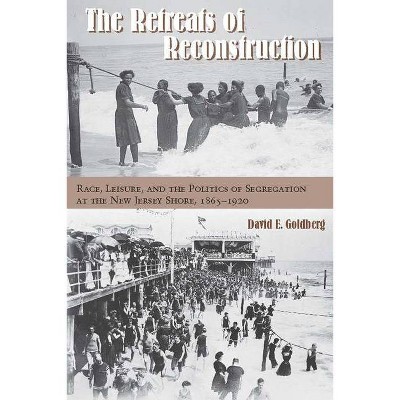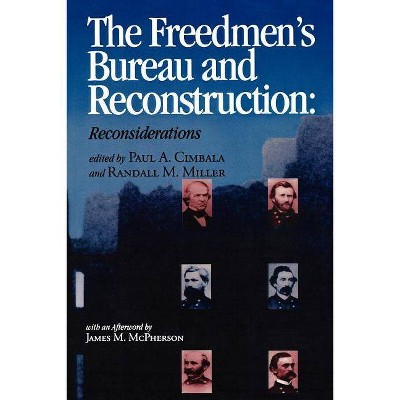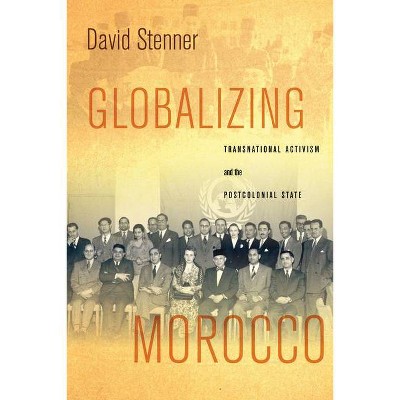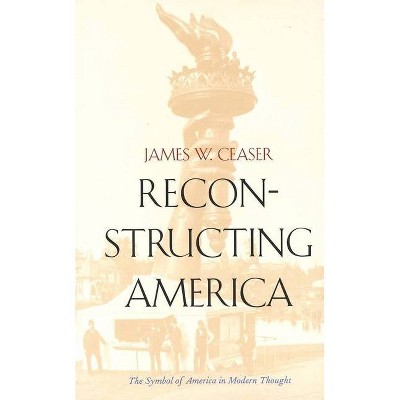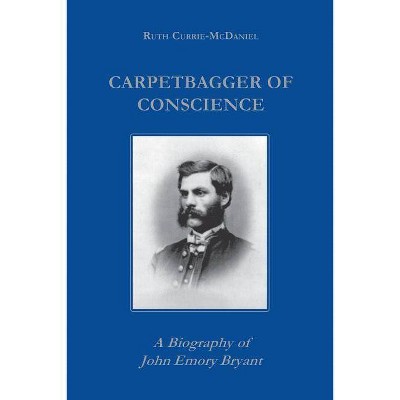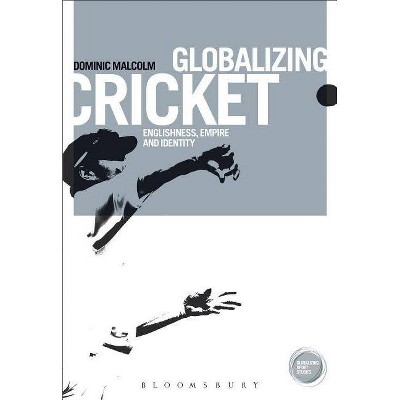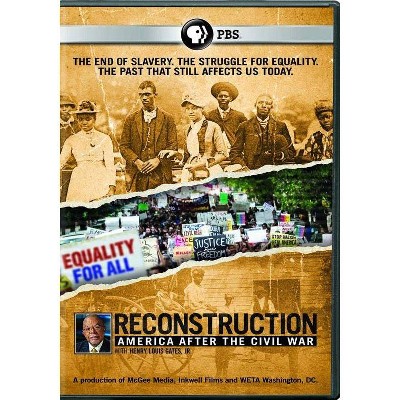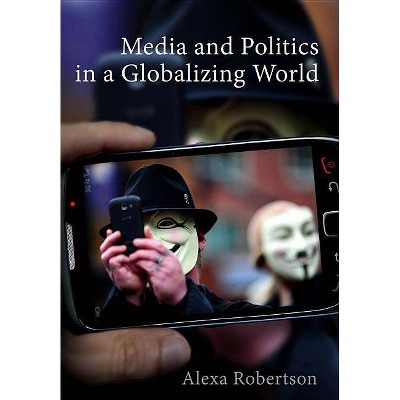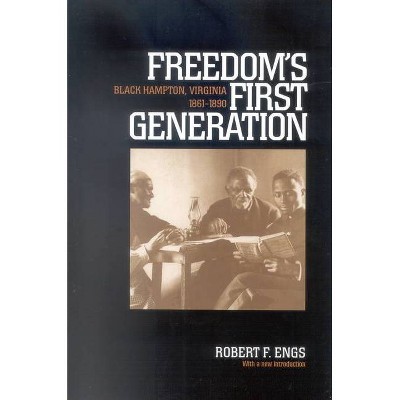Reconstruction in a Globalizing World - (Reconstructing America) by David Prior (Paperback)
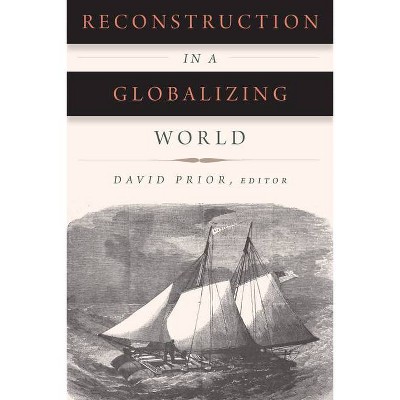
Similar Products
Products of same category from the store
AllProduct info
<p/><br></br><p><b> About the Book </b></p></br></br>"As one of the most complexly divisive periods in American history, Reconstruction has been the subject of a rich scholarship. Historians have studied the period's racial views, political maneuverings, divisions between labor and capital, debates about women's suffrage, and of course its struggle between freed slaves and their former masters. Yet, on each of these fronts scholarship has attended overwhelmingly to the eastern United States, especially the South, thereby neglecting important transnational linkages. This volume, the first of its kind, examines Reconstruction's global connections and contexts in ways that, while honoring the field's accomplishments, move it beyond its southern focus"--<p/><br></br><p><b> Book Synopsis </b></p></br></br><p>As one of the most complexly divisive periods in American history, Reconstruction has been the subject of a rich scholarship. Historians have studied the period's racial views, political maneuverings, divisions between labor and capital, debates about woman suffrage, and of course its struggle between freed slaves and their former masters. Yet, on each of these fronts scholarship has attended overwhelmingly to the eastern United States, especially the South, thereby neglecting important transnational linkages. This volume, the first of its kind, will examine Reconstruction's global connections and contexts in ways that, while honoring the field's accomplishments, move it beyond its southern focus. <p/>The volume will bring together prominent and emerging scholars to showcase the deepening interplay between scholarships on Reconstruction and on America's place in world history. <br>Through these essays, Reconstruction in a Globalizing World will engage two dynamic fields of study to the benefit of them both. By demonstrating that the South and the eastern United States were connected to other parts of the globe in complex and important ways, the volume will challenge scholars of Reconstruction to look outwards. Likewise, examining these same connections will compel transnationally-minded scholars to reconsider Reconstruction as a pivotal era in the shaping of the United States' relations with the rest of the world.</p><p/><br></br><p><b> Review Quotes </b></p></br></br><br>As Prior and his contributors know, the essays here are illustrative of the types of interpretive innovations that await historians who venture beyond the traditional boundaries of Reconstruction historiography.-- "Civil War Book Review"<br><br>For too many years, Reconstruction history seemed to stop at the water's edge--that water being the Ohio River. Only recently have scholars given it a more national scope, spreading its impact to Comanche and Modoc country and the barrios and Chinatowns of the West. Now <i>Reconstruction </i><i>in a Globalizing World</i> carries it overseas, not as diplomatic historians do by focusing on war, expansion, trade but by uncovering what non-Americans learned from Reconstruction and how Americans, home-grown and naturalized, helped to shape its course.-- "Journal of Interdisciplinary History"<br><br>The book as a whole is a landmark in the historiography of Reconstruction, and some of the essays here may serve as foundations for further inquiry into the questions they raise... It thus challenges scholars to take advantage of the possibilities in looking beyond borders to explain the past.-- "The Journal of Southern History"<br><br>The collection imparts a valuable understanding of Reconstruction as a period of acceleration--a time when the defeat of the Confederacy, destruction of slavery, and possibility of transforming the South and West hastened the consolidation of the nation already underway and renewed a powerful impetus for exchanges among American reformers and their counterparts abroad.-- "H-Diplo, H-Net Reviews"<br><br>This volume of original, well-researched essays seeks to honor the immense accomplishments in writing about the 1865-1877 period, and to prompt historians to reevaluate the ways in which Reconstruction took shape from and gave shape to international connections and contexts.<b>---Robert E. Bronner, Dartmouth College, <i></i></b><br><p/><br></br><p><b> About the Author </b></p></br></br><b>David Prior</b> is Associate Professor of History at the University of New Mexico. He is the author of <i>Between Freedom and Progress</i> and the editor of <i>Reconstruction in a Globalizing World </i>(Fordham, 2018). He edits the online forums H-Nationalism and H-Slavery.
Price History
Price Archive shows prices from various stores, lets you see history and find the cheapest. There is no actual sale on the website. For all support, inquiry and suggestion messagescommunication@pricearchive.us
